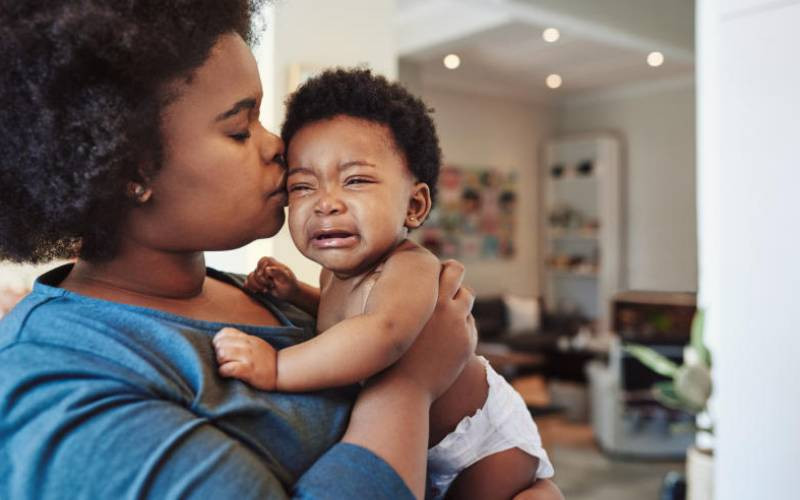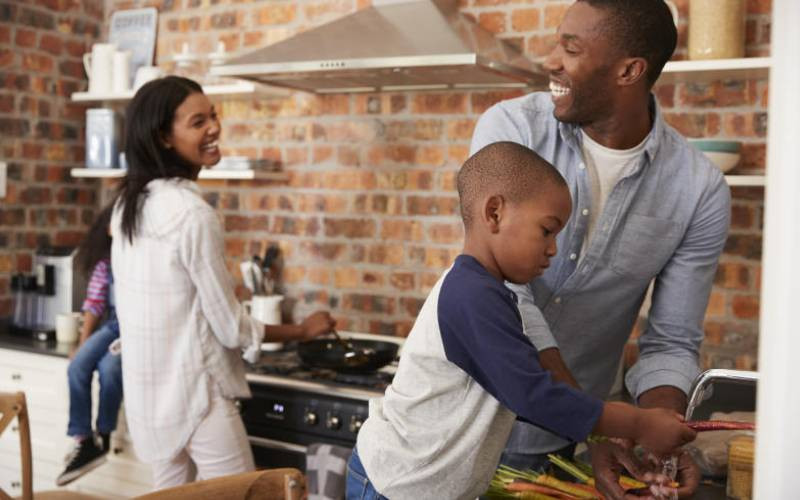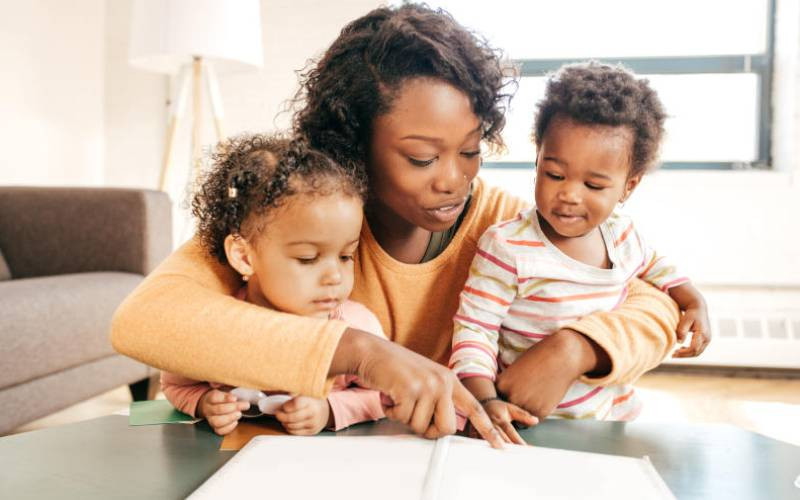
Wouldn’t it be great if you could vaccinate your child against peer pressure, drugs or academic underachievement? Well, you can. Your best shot is to be involved with your children at home, in the neighborhood, and at school. Know who your children hang out with and where they go, stay in touch with their friends’ parents, and have the guts to set up and maintain curfews.
Involved parenting is the only way to go. You can’t get around it - parents who watch their children closely and are involved in their neighborhood and school activities tend to raise children who walk the straight and narrow. Children whose parents look the other way or depend on someone else to “raise” their children pay big time - especially when the child reaches the teen years.
What does being an ‘involved parent’ entail? This is a hands-on approach to raising children. It necessitates considerable parental attention and participation, letting children know you are watching their behavior, raising the bar in terms of expectations as appropriate, and making clear and fair rules for the children.
Are you a hands-on parent?
The following are the 12 indicators used in a study conducted by the Columbia University-based national Center on Addiction and Substance Abuse, which looked at the effect of two different parenting styles on teen behavior. Answer the questions honestly and check the bottom of the list to see how you rate.
1. Do you expect to be told where your child is going in the evening or on weekends and told the truth about this?
2. Have you made it clear that you would be “extremely upset” to find your child using marijuana?
3. Do you know where your child is at all times, particularly after school and on weekends?
4. Do you monitor what your child is watching on television?
5. Do you impose restrictions on the kind of music your child is allowed to buy?
6. Are you very aware of how your child is doing in school?
7. Do you monitor your child’s internet usage?
8. Does your family typically have dinner together six nights a week?
9. Does your child have a weekend curfew?
10. Is an adult always at home when the child returns from school?
11. Is your child responsible for completing regular chores?
12. Do you make sure the television is not on during dinner?
According to the researchers, if you answered “yes” to at least 10 of the 12 questions, you’re a hands-on parent. Keep up the good work! If you answered “yes” to 5 or fewer, you’re a hands-off parent.
To become a more hands-on parent, follow these guidelines.
Don’t set up too many activities for you or for your children. If you’re overwhelmed, odds are that you may not be able to follow through and keep a good eye on what the children are up to.
Don’t just make new rules - be sure to follow through with them. Move the TV or the computer to a public family area so that it’s easier for you to be consistent in observing what your child is watching on TV or surfing on the website.
Check your children’s plans. When you nursery or primary school child is visiting at a friend’s house, call ahead and speak with a parent to make sure that the visit is acceptable and that the activities to be engaged in are reasonable.
Be sure that the children will be supervised. Don’t cave in when your child accuses you of being overprotective. Don’t buy into your child’s statement that, “Mary’s mother lets her walk across a six-lane Thika superhighway to go to the TRM.” Most likely Mary’s mother doesn’t allow it, or if she does, your child shouldn’t be hanging around with Mary or her mum.
With teenagers, check that they will actually be supervised by a parent at a sleepover or a party. Many will try to hoodwink their parents into thinking that they’re staying at each other’s house for the night, when they are really planning to spend the night elsewhere in an unsupervised setting.
 The Standard Group Plc is a multi-media organization with investments in media platforms spanning newspaper print
operations, television, radio broadcasting, digital and online services. The Standard Group is recognized as a
leading multi-media house in Kenya with a key influence in matters of national and international interest.
The Standard Group Plc is a multi-media organization with investments in media platforms spanning newspaper print
operations, television, radio broadcasting, digital and online services. The Standard Group is recognized as a
leading multi-media house in Kenya with a key influence in matters of national and international interest.










